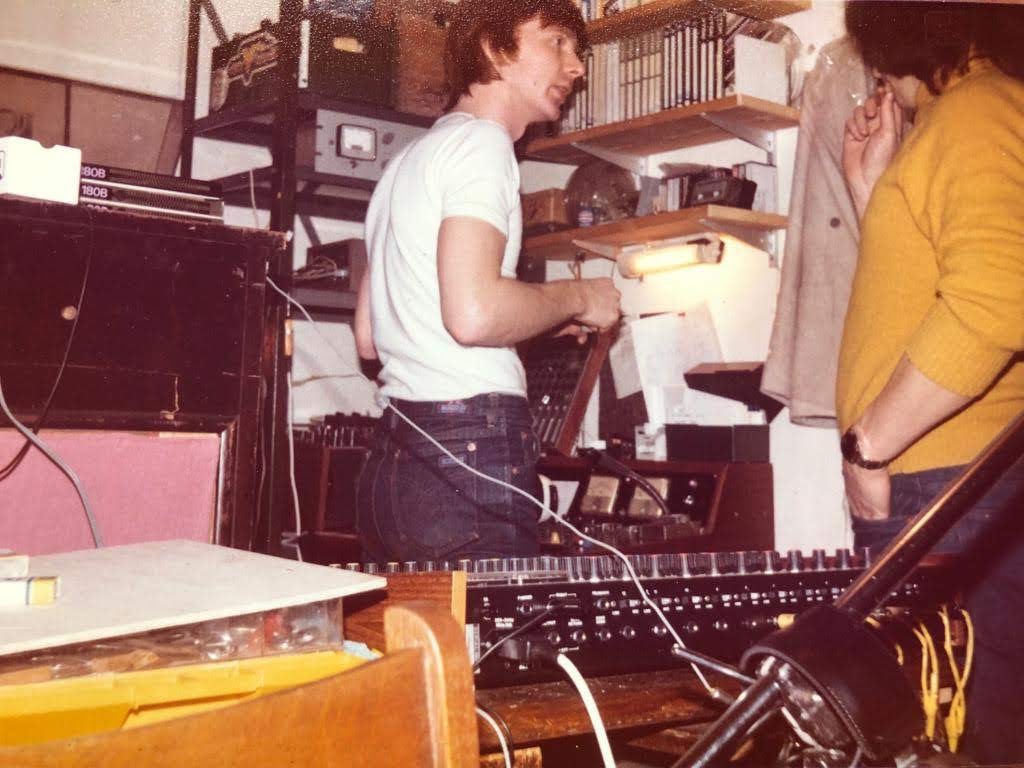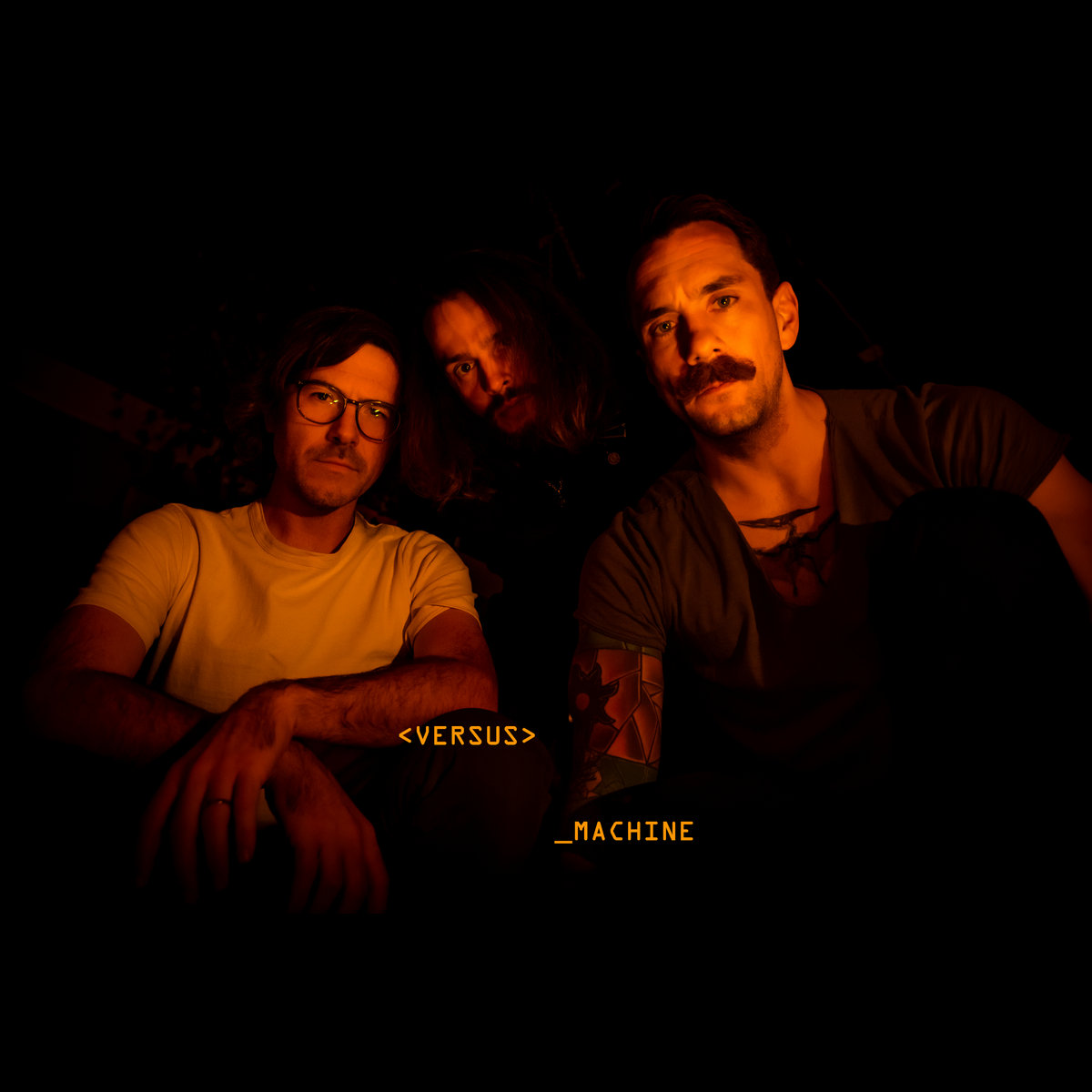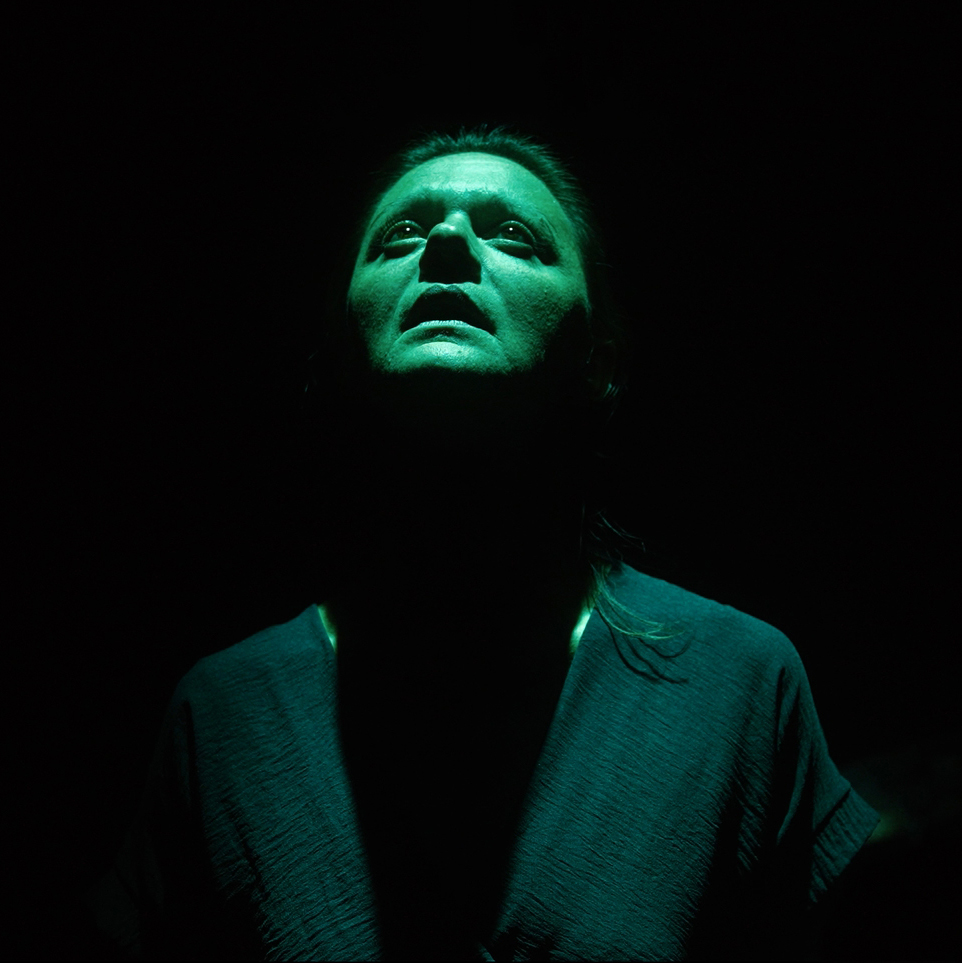JAZZ CORNER Presents: Et Cetera – Knirsch (1972)
On the album Knirsch [which means ‘crunch’ in German, and explains the album’s cover] Wolfgang Dauner sets out to complete some unfinished business, ideas that he’d been unable to bring to fruition on his 1970 release The Oimels … though here too he seems unable to bring those ideas into the light of day. Unhappy that he could not grasp his own visions and expectations, he abandoned the concept on future releases. Nevertheless, here Dauner sounds more than a bit like Herbie Handcock on the explorative fusion based “Sun,” which stands in stark juxtaposition to the nearly heavy metal explorations he takes on “The Real Great Escape,” seeming a bit out of place on this outing, and certainly channeling the Hendrix driven and derived rock of the day … sounding slightly like John McLaughlin meets Carlos Santana, in that mixing the lightening speed of Carlos, and the higher key heavy fusion of Mahavishnu Orchestra, Dauner finds the space to achieve his elations, based on the nature of his vision of free form and fusion jazz.
It’s not until “Yan,” clocking in at thirteen minutes, filters in that one gets a sense and connection to what Dauner had done on the album Et Cetera, and was hoping to expand on here. All and all, even with the intoxicating grooves laid down on this expansive undertaking, Knirsch at times comes off as musical melodrama. Having said this, I want to take it all back, as I’m not certain this feeling is from hindsight, as upon it’s release, Knirsch was an exotic bit of improvisation and creative passion that was securely framed and structured, keeping the work from being chaotic, and bringing forth a sound that continually evolved each time it was played.
Regardless of the times or the decade, this is still a very worthy album to privately immerse yourself in.
Review by Jenell Kesler/2016
© Copyright http://psychedelicbaby.blogspot.com/2016
Array





I haven't heard this one but if it's got Sigi Schwab on guitar I'm in.
The dominant guitar on this is Larry Coryell, and he even wrote some of the music and covered it on his other albums. The first artist to ever play acid jazz, years before John McLaughlin, this sounds slightly similar to some of his work, only with an added electronic level added. Larry even covered a few of these songs in his incredibly eclectic career. There are a few early albums by Coryell worth exploring for their psychedelic aspects, mostly the first couple of years of his work, all well worth checking out. Larry was fusion at least three years before Miles Davis.